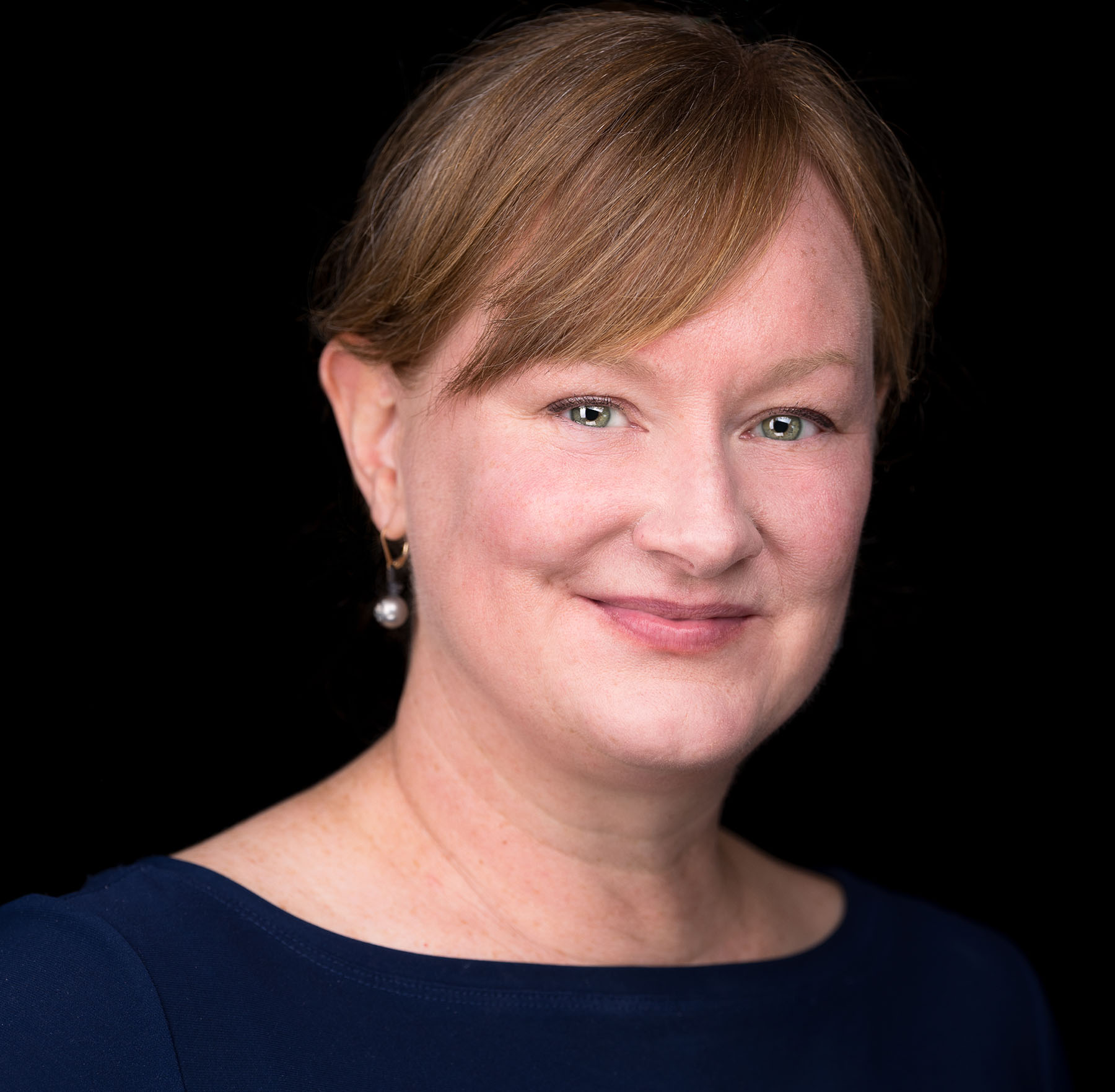UBC Theatre and Film department head Kirsty Johnston is continuing to focus on equity, diversity, and inclusion (EDI), despite the currents in North American academia and politics.
Building on her academic work, Johnston hasn’t ceased in her efforts to promote equity. With a particular focus on disability, she continues to incorporate it into the theatrical culture at UBC.
In her two books: Stage Turns: Canadian Disability Theatre (2012) and Disability Theatre and Modern Drama: Recasting Modernism (2016), Johnston broadened our understanding of the meaning of inclusion when she explored blending the artistry of disabled actors alongside the needs of a disabled audience.
Her doctoral research focused on Workman Arts, a company that grew out of a talent night series at a Toronto mental health centre in the late 1980s that was organized by Lisa Brown, a psychiatric nurse. As Johnston reports, Brown became the artistic director of Workman Arts and sought to have her actors paid at least a minimum wage.
But being a proponent of equity, diversity, and inclusion and carrying out this kind of work is becoming increasingly difficult.
Advocates of practices of inclusion have said the absence of them in audition policies can lead to choices based on racial and gender profiles, a who-you-know meritocracy, and an exclusive, us-and-them perspective. And they have receipts.
On September 1st, Canadian Indigenous actor, Graham Greene died. As part of his obituary reported by the New York Times (Sept. 4), it was reported that “Even after establishing himself in Hollywood, he found himself being pigeonholed because of his ethnicity. In a video interview last year, (Greene) recalled reading for ‘Crimson Tide,’ the 1995 submarine thriller starring Gene Hackman and Denzel Washington, only to have the film’s director, Tony Scott, tell him, ‘I can’t really see a Native American working on a submarine.’
‘Well, if you could,’ Mr. Greene remembered responding, ‘I would let you tell my four dead uncles who died in the Pacific on subs.’”
And in the same edition of The Times was another report about the dismissal of Kim Sajet as the director of the Smithsonian National Portrait Gallery. In a social media post, U.S. President Donald Trump described Sajet as “a highly partisan person, and a strong supporter of DEI, which is totally inappropriate for her position.”
In response, she said, “Throughout my career, I’ve been guided by the belief that knowledge is better than ignorance … Cultural diversity makes for a stronger nation and democracy thrives when people engage with each other with mutual respect.”
It is in this environment that Johnston takes us a step further in understanding the important role of diversity in theatre. For example, Johnston commends local disability theatre companies such as Vancouver’s Theatre Terrific, founded in 1985, which focus particularly on inclusion policies for auditions, and Kickstart Disability Arts and Culture, which works with Vancouver Playhouse in providing audio-description access to disabled audience members.
Johnston is continuing these kinds of projects at Theatre UBC, where collaboration is a vital component in all elements of theatrical production.
The theatre’s three seasonal plays: Women of the Fur Trade (Sept. 24-Oct. 4), Mr. Burns, A Post Electric Play (Nov. 19-Dec. 6), and Peer Gynt (Mar. 11-28, 2026) all feature the collaborative work of students, faculty, and staff, and cultural diversity is evident in the productions.
Playwright and professor of creative writing Frances Koncan “shifts perspectives from the male gaze onto women’s power” in her play, Women of the Fur Trade. The play Peer Gynt by Norwegian Henrik Ibsen is given an Asian perspective by playwrights David Henry Hwang and Stephen Muller. The final two plays of the season will be directed by two candidates for the Master of Fine Arts degree, Larisse Campbell (Mr. Burns) and Christopher Lam (Peer Gynt).
All productions take place at the Frederic Wood Theatre, located at 6354 Crescent Road.
WARREN MCKINNON IS A LONGTIME CAMPUS RESIDENT.
